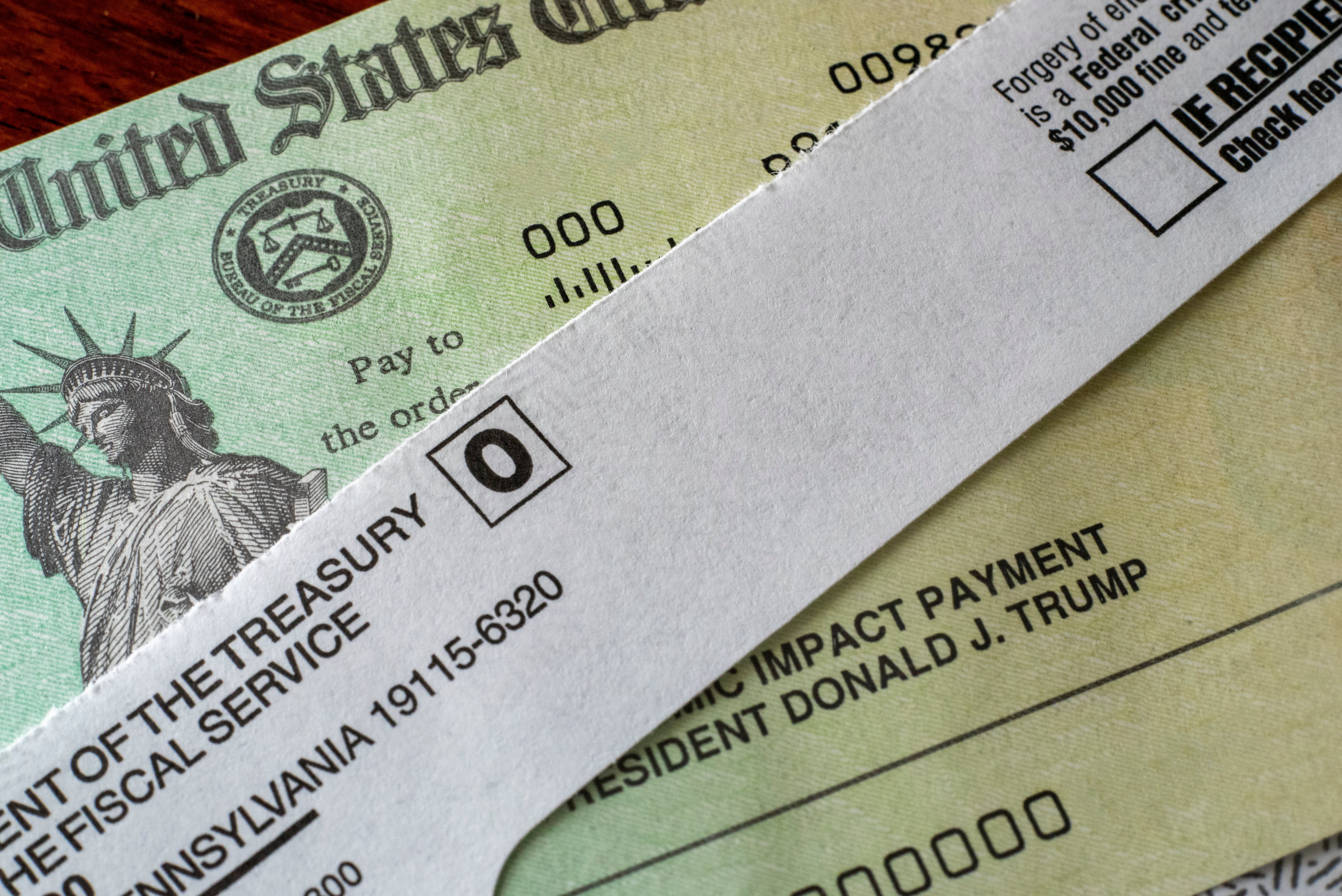Prisoners are getting a second chance at receiving the $1,200 stimulus checks the government sent this spring.
Judge Phyllis J. Hamilton of the U.S. District Court for the Northern District of California recently ruled that the government should not withhold those checks from people solely because they are incarcerated.
There are roughly 1.5 million incarcerated people in the U.S., and many of them meet the requirements for the stimulus payments, according to Yaman Salahi, partner at the law firm Lieff, Cabraser, Heimann & Bernstein, which represented the prisoners in the case.
More from Personal Finance:
The Social Security cost of living increase will be 1.3% in 2021
What to watch out for with retail credit cards
14% of Americans have wiped out their emergency savings
Almost 85,000 prisoners received $100 million in stimulus checks earlier this year before the government reversed course and decided they were ineligible.
The court also ordered the IRS to correct related information on its website.
The IRS response to the question, “Does someone who is incarcerated qualify for the payment?” was updated Oct. 8 to state that, in response to the lawsuit, the agency cannot deny the money to people who meet the standard qualifications.
Individuals who are a U.S. citizen or permanent resident, who were not claimed as a dependent on someone else’s tax return and who have annual income of less than $99,000 generally qualify for a stimulus payment. (It will be reduced if their income is more than $75,000).
The IRS also said on its site that the government plans to appeal the decision.
“The government has filed an appeal and request to stay the preliminary injunction,” the IRS states. “Any updates regarding the appeal will be posted on this webpage.”
A spokesman for the IRS declined to provide further comment beyond what is on the agency’s website. Neither the Treasury Department or the Justice Department responded to requests for comment.
How prisoners were excluded
A prisoner’s hands inside a wing at The Louisiana State Penitentiary, also known as Angola.
Giles Clarke | Getty Images
The CARES Act passed by Congress in March did not disqualify incarcerated people/
The government began sending stimulus checks by direct deposit in April. At that time, prisoners were included, according to Janet Holtzblatt, senior fellow at the Urban-Brookings Tax Policy Center.
Then in May, an evaluation from the U.S. Treasury Inspector General for Tax Administration identified deceased and incarcerated people as two groups who were receiving the stimulus payments.
The IRS then updated its coronavirus frequently asked questions to answer no in response to the question as to whether prisoners were eligible.
At that point, they stopped sending the money to inmates. They also asked inmates who had received the money to send it back and for prisons to intercept the payments, if possible, according to Holtzblatt.
“The door had already been opened,” Holtzblatt said. “Payments had gotten out, and they were trying to get them back.”
The government shifted its stance several times on prisoners’ eligibility as the payments were being deployed. That included establishing rules for whether they could receive the money based on how much of this year they spent in jail.
Key deadlines approaching
Kupicoo | Getty Images
Now, the challenge is getting the word out to prisoners that they may now be eligible for payments, Salahi said.
While the district court has ordered the IRS to send mail notices to incarcerated people around the country to inform them of their eligibility, the government is appealing that decision, he said.
People who are incarcerated and who do not have their personal information on file with the IRS have a couple of deadlines to get their information to the agency.
The IRS will allow those people to file simplified paper tax returns with their information by Oct. 30. They can also submit their information online using the agency’s non-filer tool by the Nov. 21 deadline.
The online forms could be challenging for the prisoners to complete, Salahi said, because most prisons do not allow inmates to access the internet or have personal email accounts.
Meanwhile, some prisons have intercepted mail pertaining to the stimulus payments.
“People to this day are saying that prison administrators are getting in the way of their attempts to receive claim forms in the mail or to get the checks,” Salahi said.
Those who are eligible and who do not receive their stimulus payments this year will be able to get a credit for that money when they file their tax returns next spring.
More information on incarcerated individuals’ eligibility for that money can be found on the Lieff Cabraser website.
